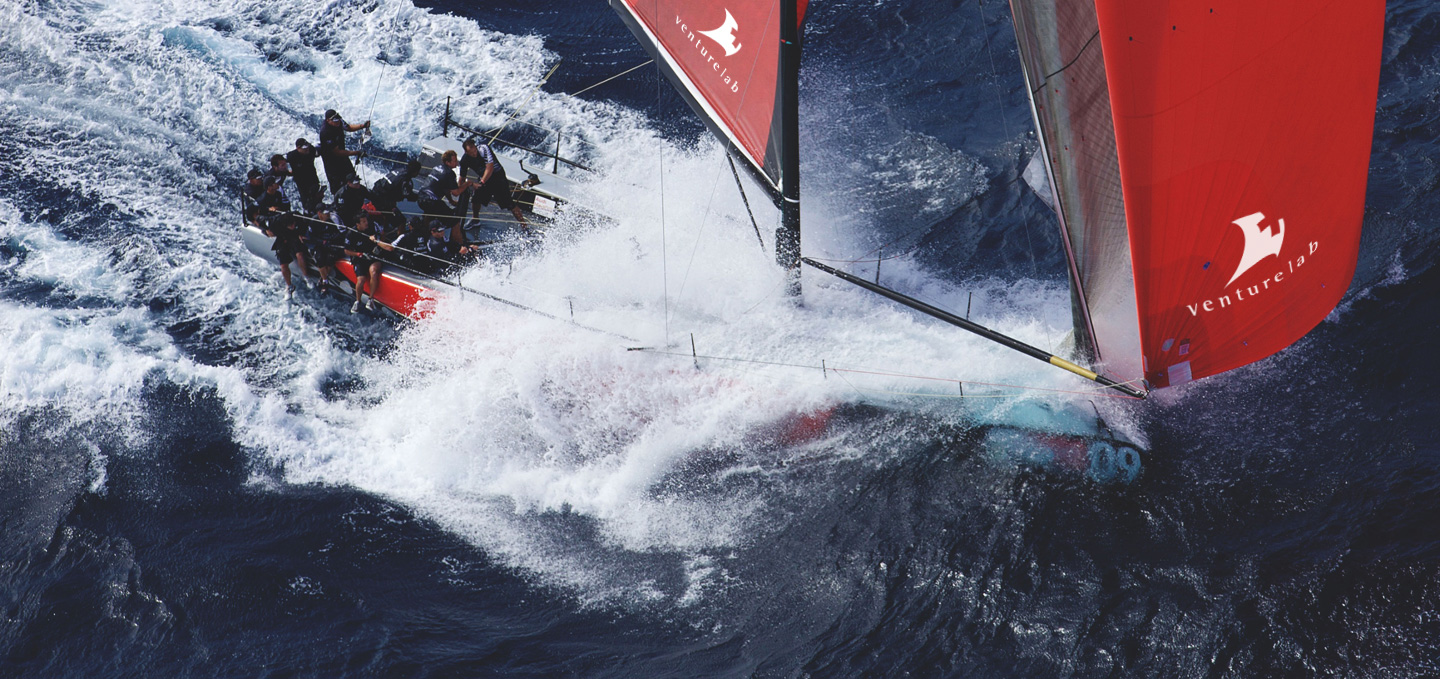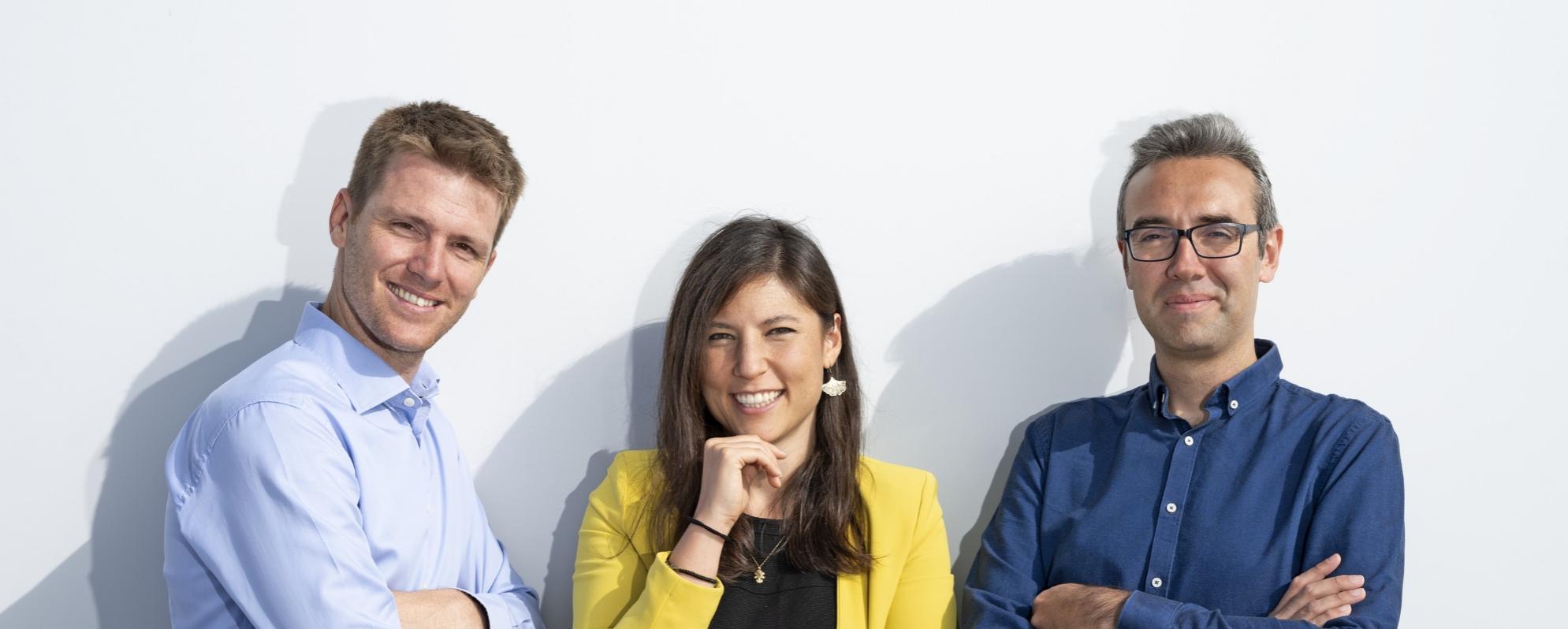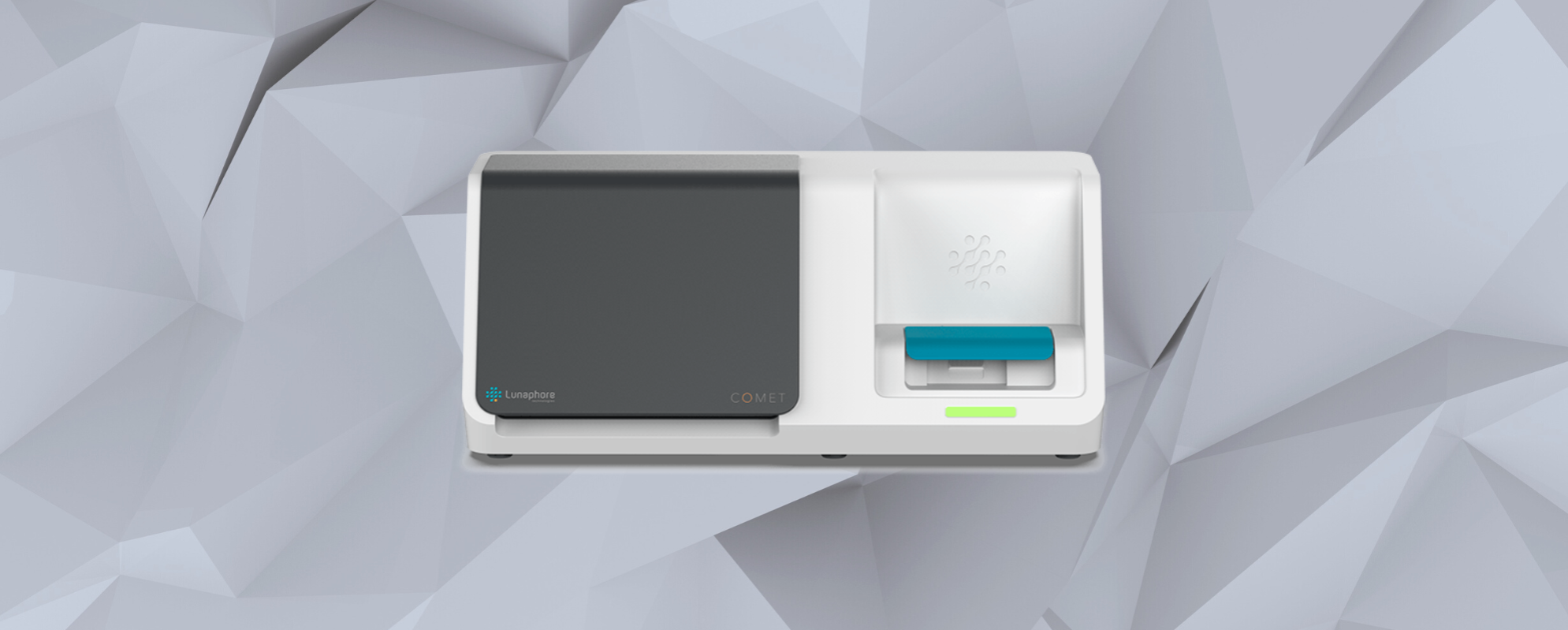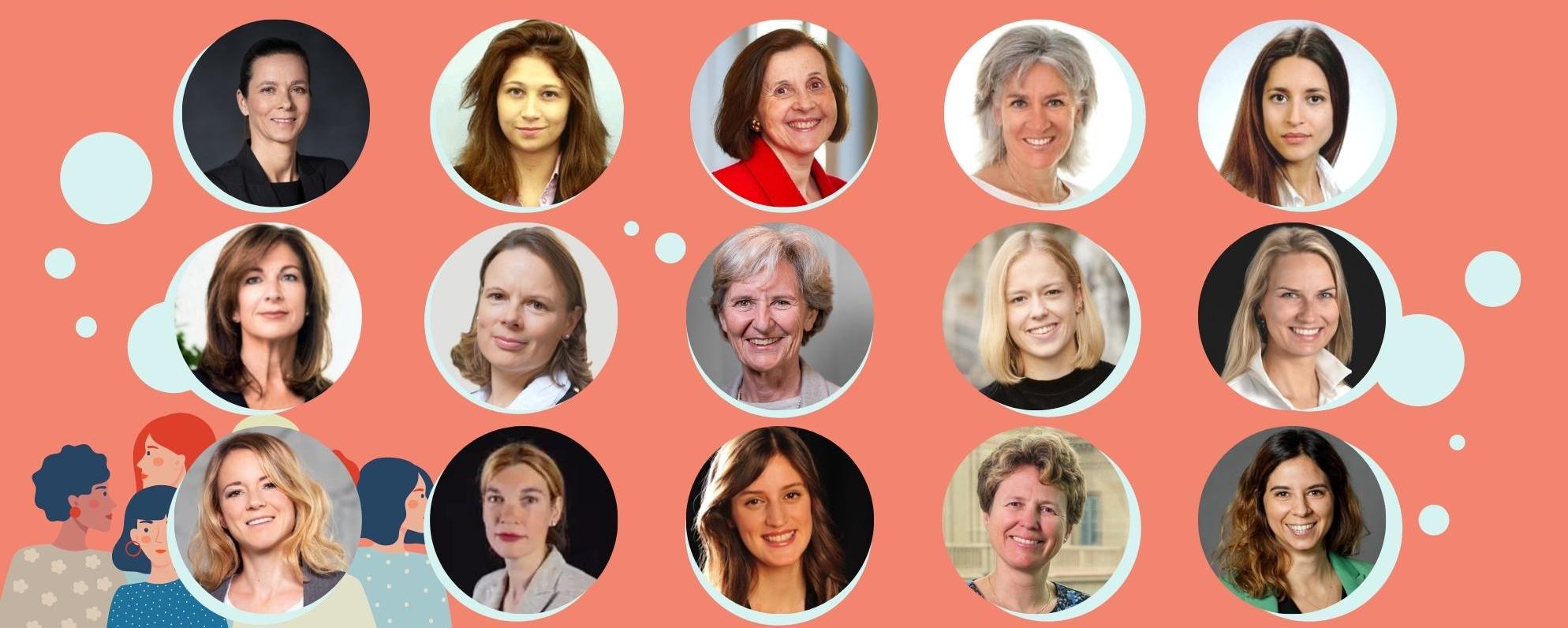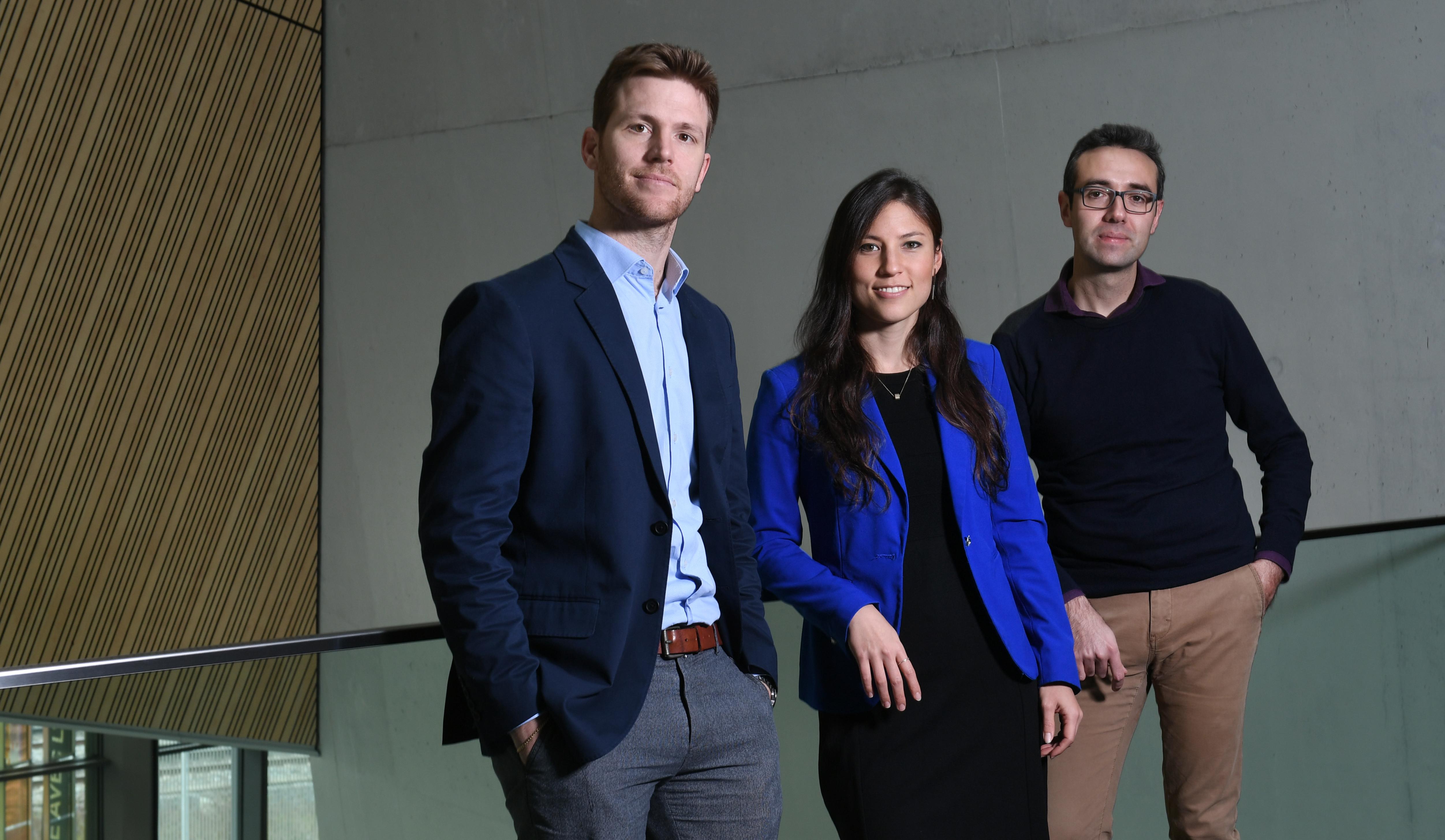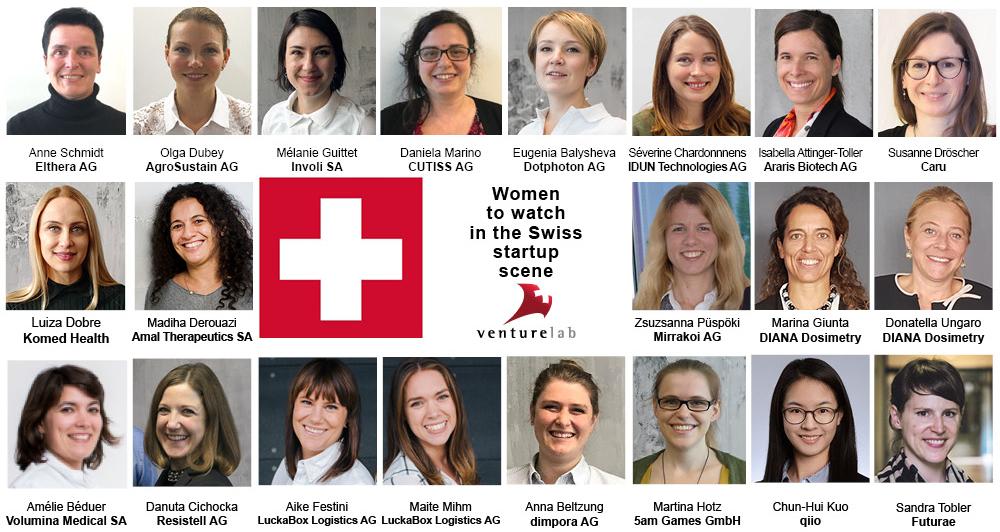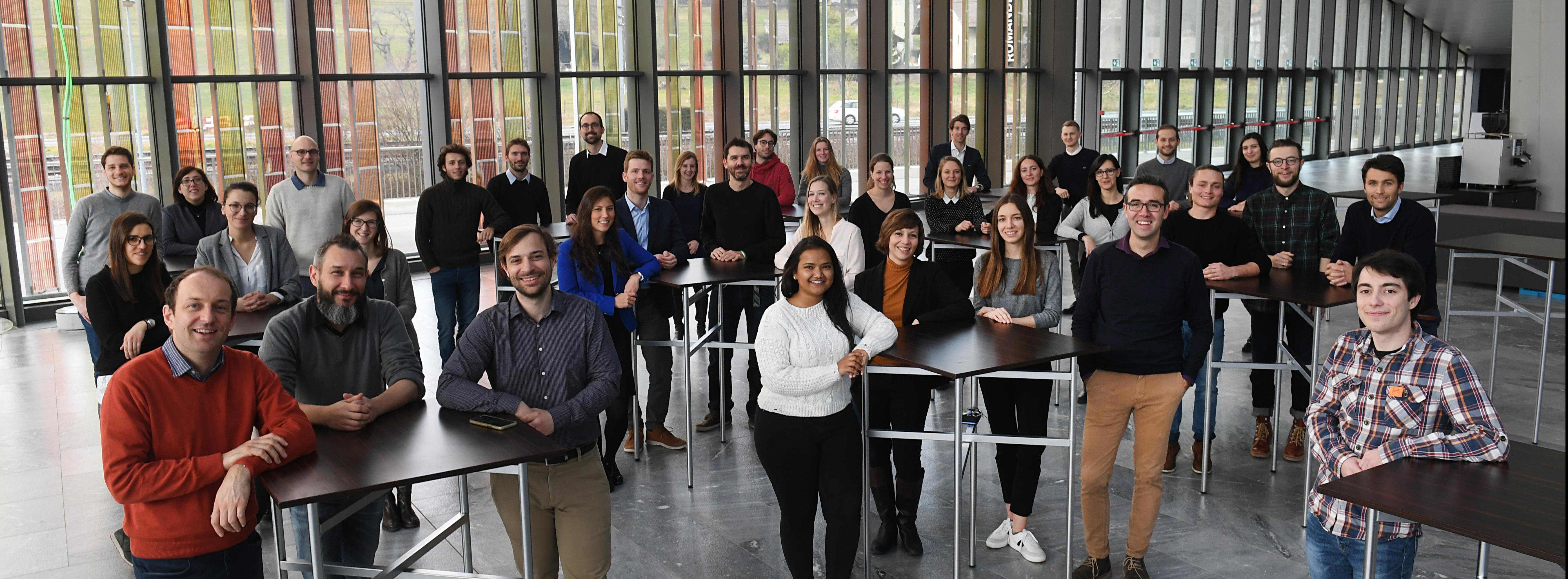Lunaphore’s automated instruments are on the cutting edge of cancer diagnostics, using a unique microfluidic technology to perform much faster tissue assays. Praised by the media, the company has been very successful from the beginning, with its prizes and awards over the years ranging from Venture Kick to Venture Leaders, a TOP 100 ranking three years in a row, and two international collaborations announced this year.
In March, Lunaphore was praised as one of 21 scale-ups in Vaud that are contributing to the generation of 1,300 highly qualified jobs all over the world. Managing its business development, marketing and daily operations is the dynamic Déborah Heintze. With a background in life sciences and bioengineering from EPFL, she helped found the company that earned her a spot in the 2018 Forbes 30 under 30 list.How did you first get started with Lunaphore and what let you to work on diagnostics, specifically tumor analysis? What do you love about your job?
I always had a strong interest in science and engineering, particularly when applied to sports or to solve medical challenges, which let me to study bioengineering. This first brought me to Boston, where I did a year of research using microfluidics to reconstruct cardiac tissues. When I came back to Switzerland, I met my two co-founders, Ata Tuna Ciftlik and Diego Dupouy, who were working on a similar technology, using microfluidics applied for cancer diagnostics as part of their PhD. I had a good first impression of them on meeting and working with them – I saw that we shared the same values. This gut feeling was confirmed later on, and they remain among my great inspirations.
Working with them on building a diagnostics tool was just the perfect opportunity. I love taking up challenges, creating value from nothing or being able to achieve something you initially thought was not possible. This is something I find in this adventure on a daily basis, and it drives me as much as the motivation to bring a new solution to the medical field.
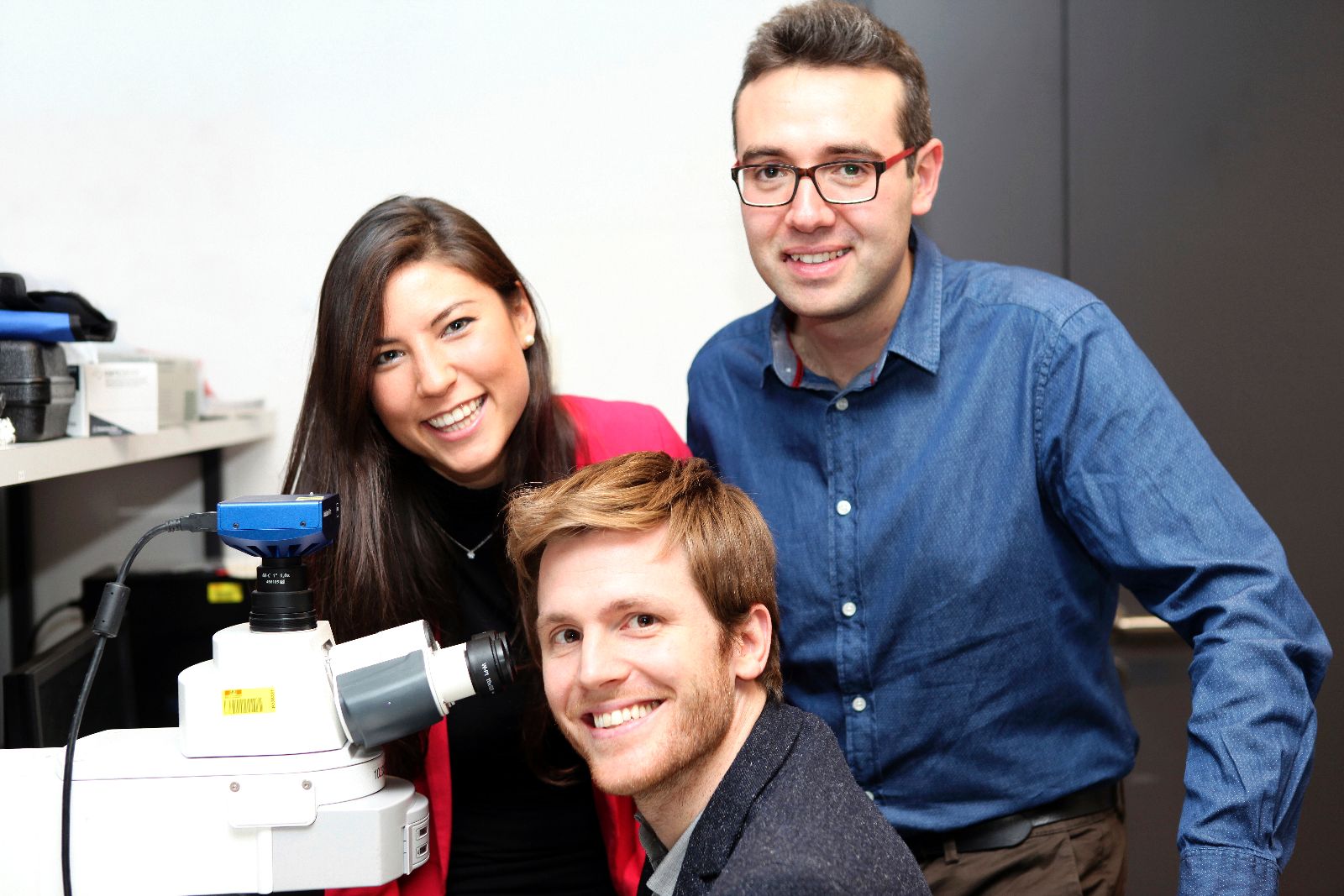
Déborah Heintze and her co-founders Diego Gabriel Dupouy (CTO) and Ata Tuna Ciftlik (CEO).
What’s been your experience as a woman in your field?
Having been surrounded mostly by men in several periods of my life, this was not completely new to me when entering the entrepreneurship world – especially in the high-tech field and close to EPFL, where there is a minority of women. I encountered situations where people thought I was the secretary or would not necessarily look at me when talking about technical topics, but this, luckily, was quite rare.
I actually feel pretty comfortable in this male environment in general, but I also see the cost of being in it. It is not obvious, but very subtle. It’s that little bit of extra energy we spend every day to prove ourselves in front of other people. As an example, at most of the business development, investors or board meetings, I am the only woman, usually with 4-8 other men or presenting to a large audience full of men. And because I am usually the only woman and usually the youngest in the room, I will first need to prove myself before people listen to me as a credible person. Imagine swapping the genders: one young man with 4-8 self-confident and experienced women: how would that affect the behavior or confidence of the man in the meeting? I appreciate the incentive from media and proactive people in the Swiss startup scene to promote and encourage women to develop their startups. I hope this will help to improve the gender balance.
Why is the lack of women in tech or in science in general a problem? What does society miss out on when the industry is so unbalanced?
Diversity is key to innovation and creating new ideas. Here I am talking about diversity in terms of gender, nationality, character, education, to list a few. Having diversity allows you to see a problem or develop an idea using different point of views, and this is crucial to consolidate or make sure you did not miss out on anything. So having women, as much as having diversity of all kinds, is a strength, provided that you share the same values and aim for the same goals.
What advice do you have for women who want to launch their company in high-tech?
You have the chance to be among the few women in the high-tech startup field, until there will – hopefully – be more. It is a great differentiation point, so keep in mind that it can be a strength in this challenging startup world.
Your company has achieved a lot of milestones since it first started, Venture Leaders in 2014 and in 2017, winner Venture Kick in 2015 and listed in the TOP 100 Swiss Startups since 2014. How did these experiences help develop Lunaphore? What did they bring to your company and to you as an entrepreneur?
All these experiences were boosts in the learning process and in the building of our business and company. There is nothing better than being challenged to surpass yourself, and these steps were crucial in consolidating Lunaphore and the founders to become entrepreneurs. On a personal level, I appreciated the fast learning from those events and also the opportunity to exchange with other entrepreneurs, which is necessary to mature or confirm your ideas.
Youwere featured in the Forbes 30 under 30 list for DACH (Switzerland, Germany, Austria) – what does this recognition mean to you?
Mostly, I am happy to realize I am still under 30! Jokes aside, this nomination is a recognition of the hard work we have been producing over the last five years as a team. It is always encouraging to see that your work pays off some way or another, and having people certify for it through an important list like Forbes, on an international level, is encouraging.
